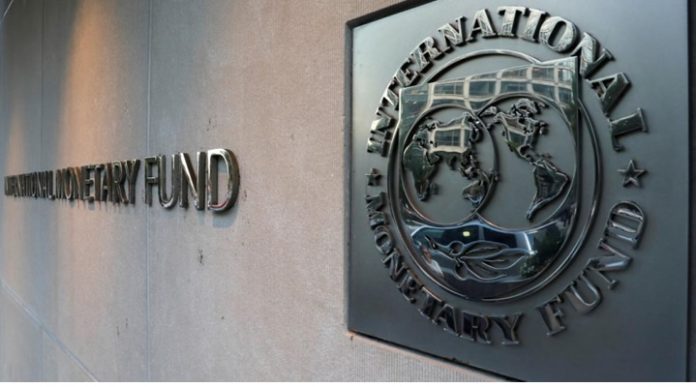The IMF has urged governments in Sub-Saharan Africa to exercise caution when it comes to macroeconomic reforms, as famine spreads in a region still reeling from the effects of Covid-19 and the war in Ukraine.
“Given financial and capacity constraints, addressing the lack of resilience to climate change and the resulting chronic food insecurity will necessitate careful policy prioritisation,” the Fund said.
According to the IMF, at least 123 million people, or about 12% of Sub-Saharan Africa’s population, “may be acutely food insecure, severely malnourished, or unable to meet their basic food needs.”
Read also: Atiku, Peter Obi, Others set to sign crucial agreement ahead of 2023 presidential election
Global warming is contributing to an increase in the number of hungry people, while East Africa is experiencing one of the worst droughts in its history.
The impact on economies of the Covid-19 pandemic has combined with a spike in grain prices fuelled by the war in Ukraine, the IMF also points out.
Despite the many challenges, some trade, regulatory and market liberalisation reforms are feasible, the IMF says.
Recalibrated monetary policies could mitigate the impact on domestically produced goods and anchor inflation, it says.
“Trade liberalisation and import diversification could help stabilise regional food supply and prices,” the Fund also suggests.
Read also: Adi, Kaduna-based journalist, offers to donate kidney to Ekweremadu’s daughter
The institution cites the example of Zambia’s ban on exports of its maize in 2020, when the availability of some of the crop could have helped fill the food gap in southern Africa.
The IMF has renewed its commitment to support African countries in need of technical assistance and financial support.















